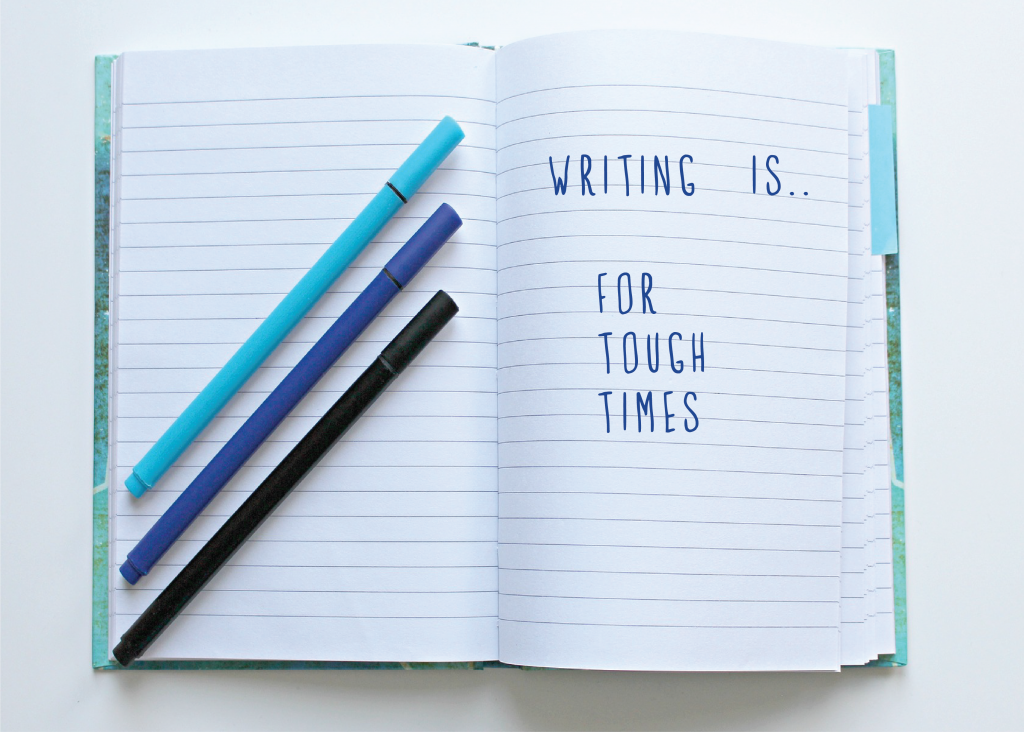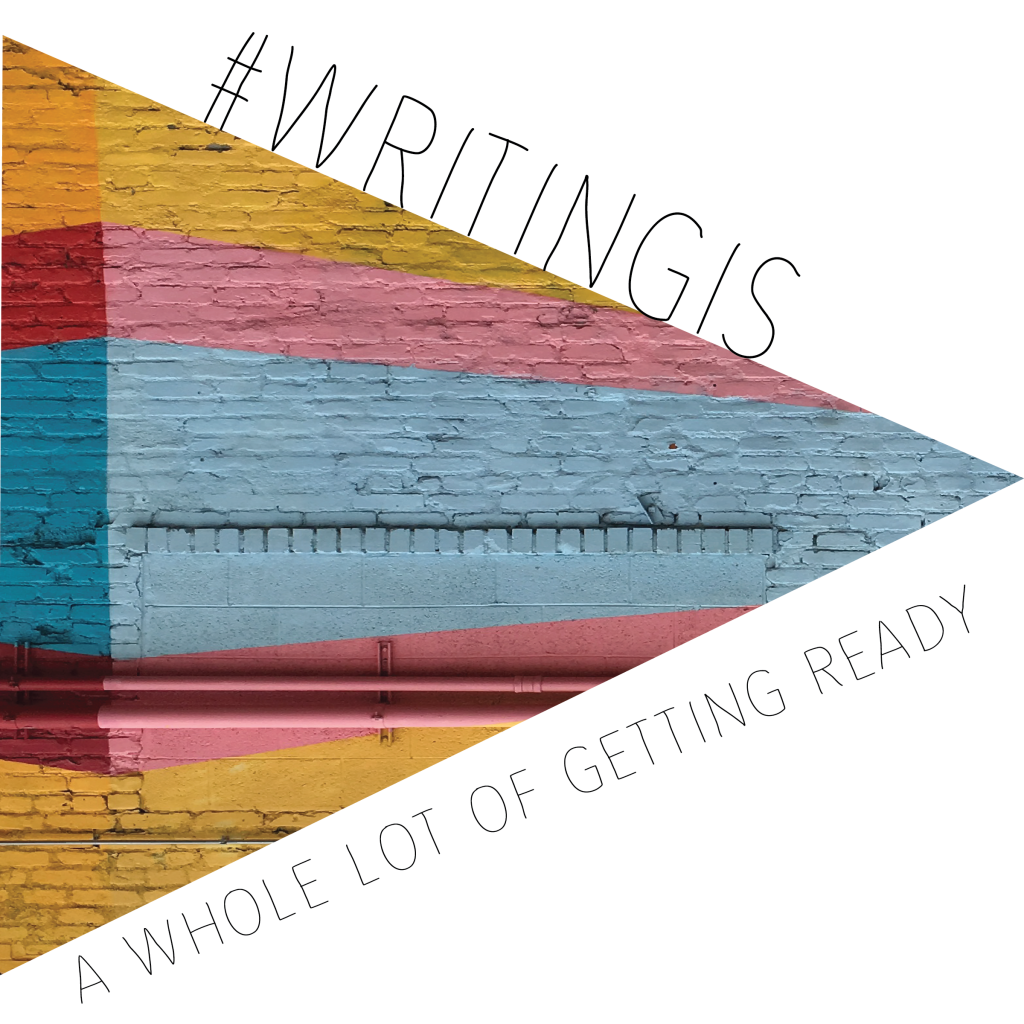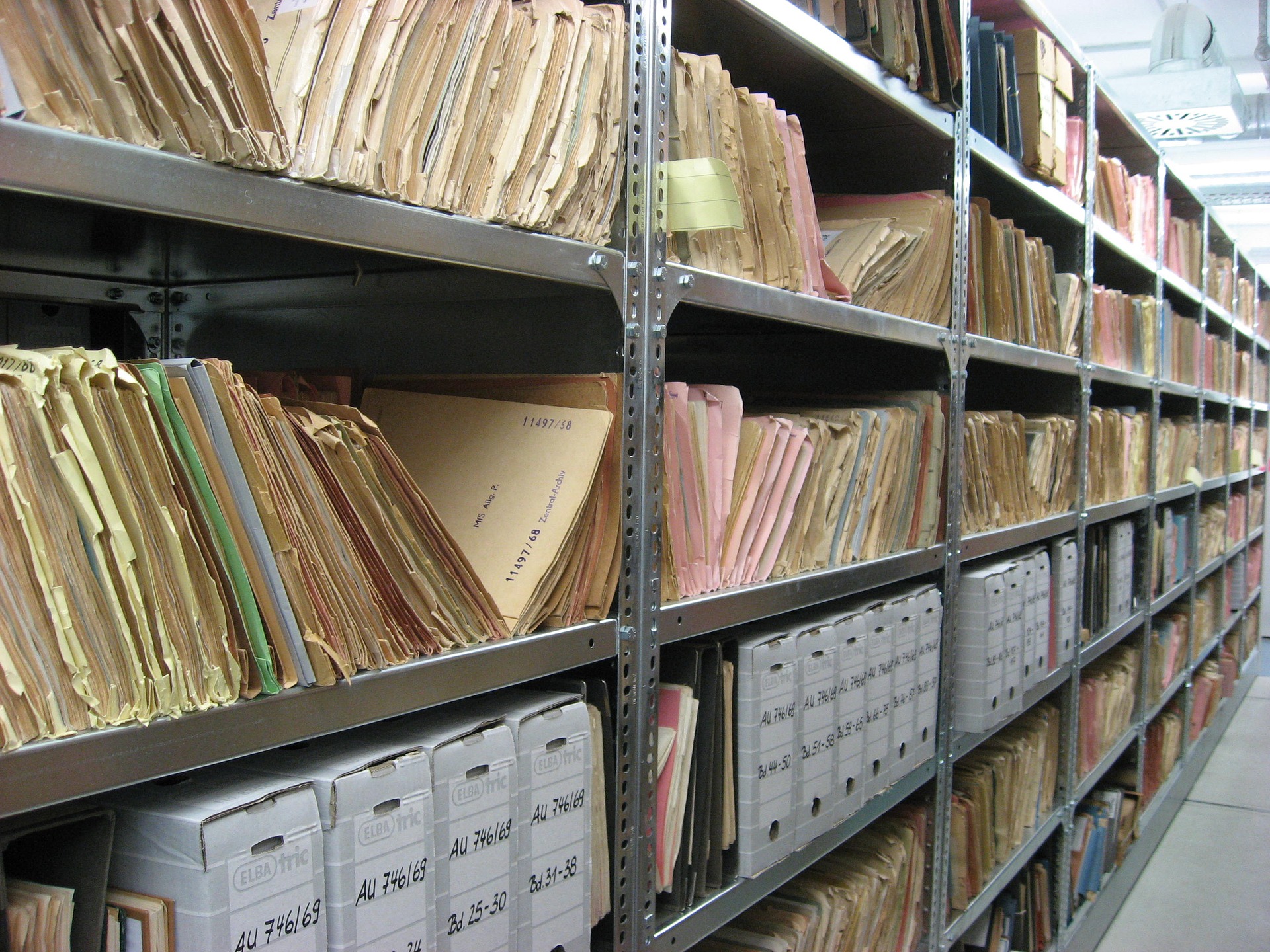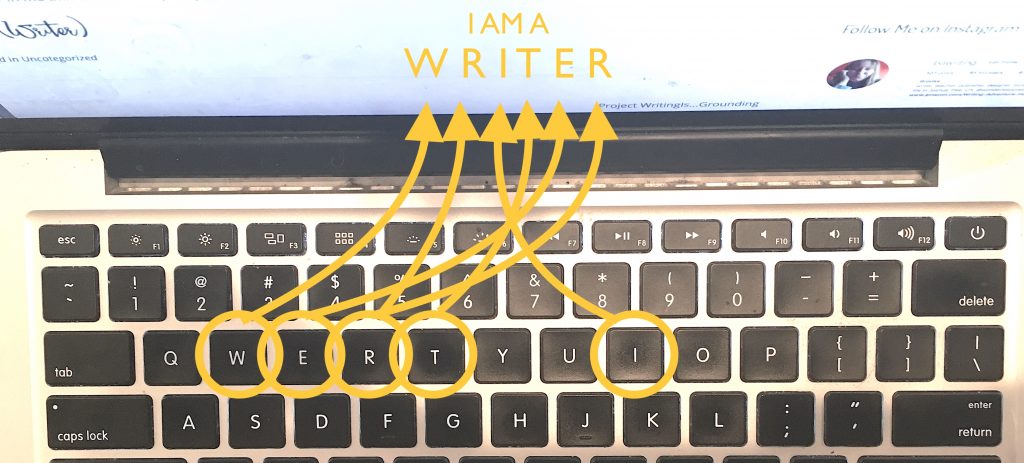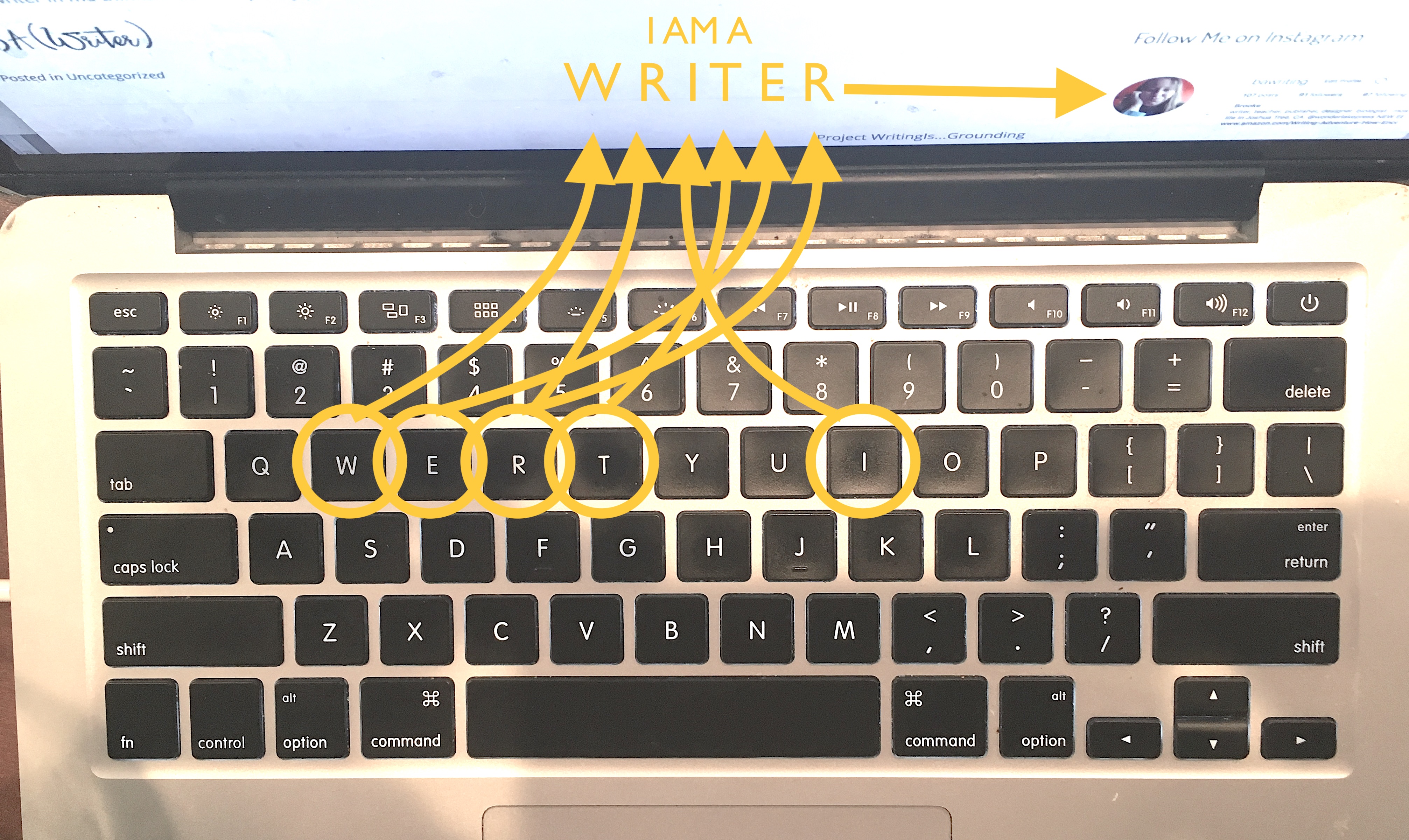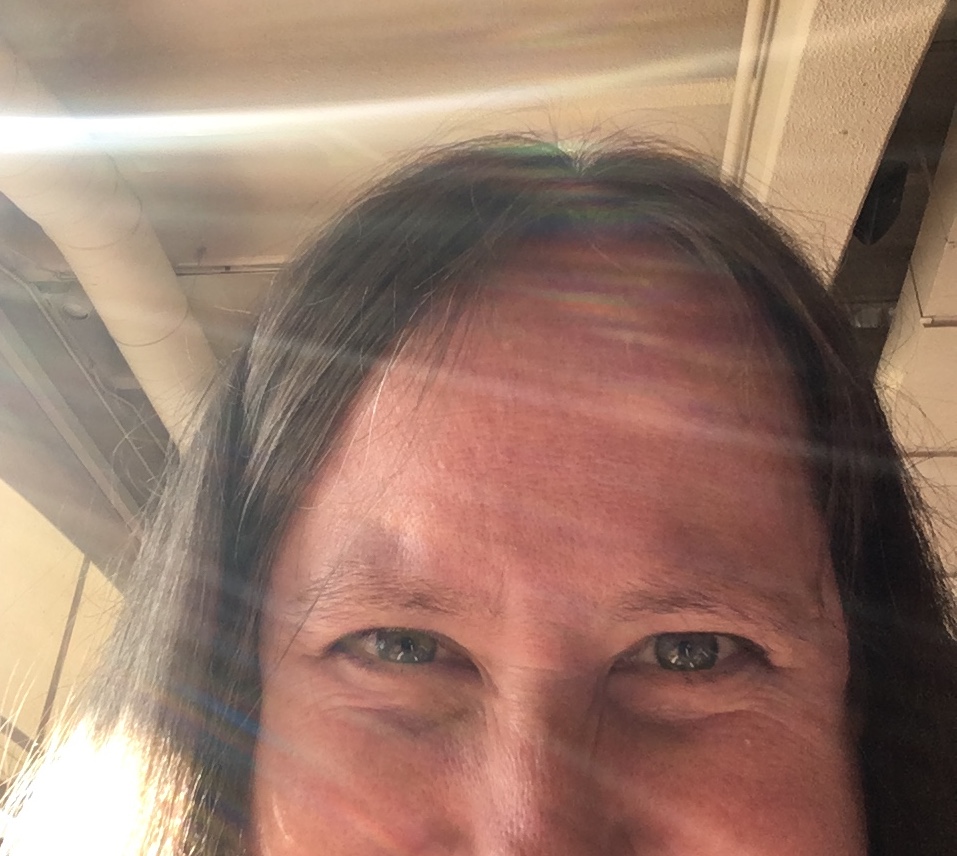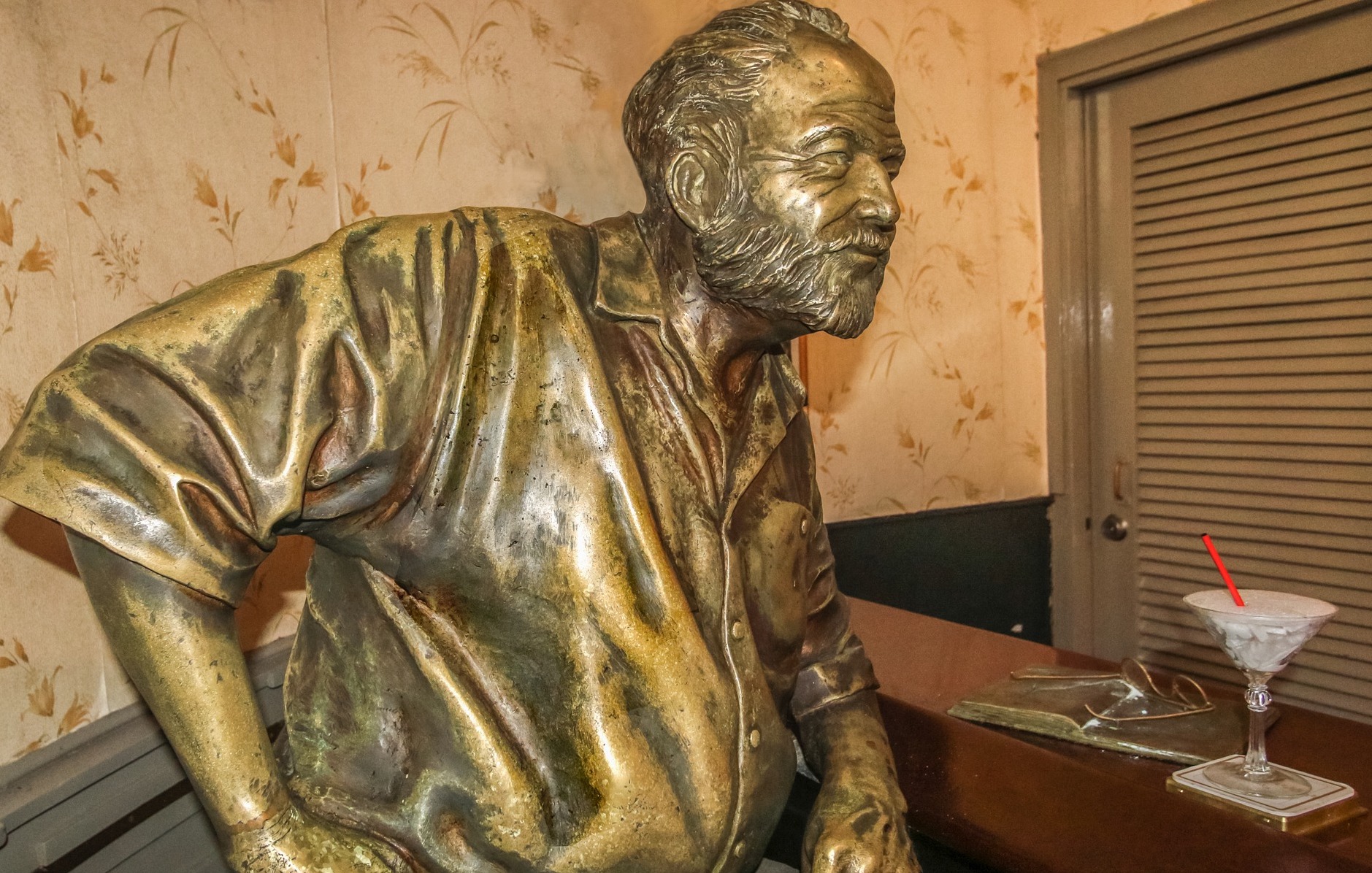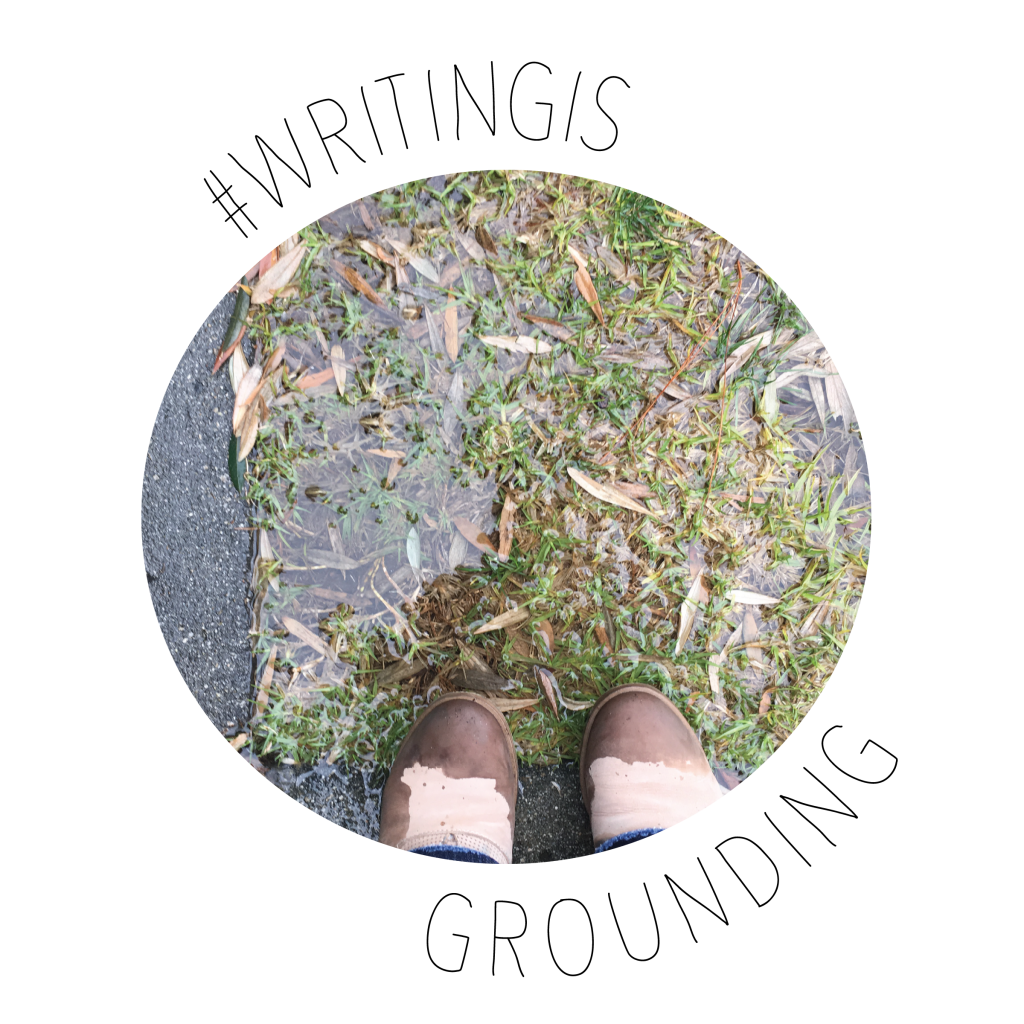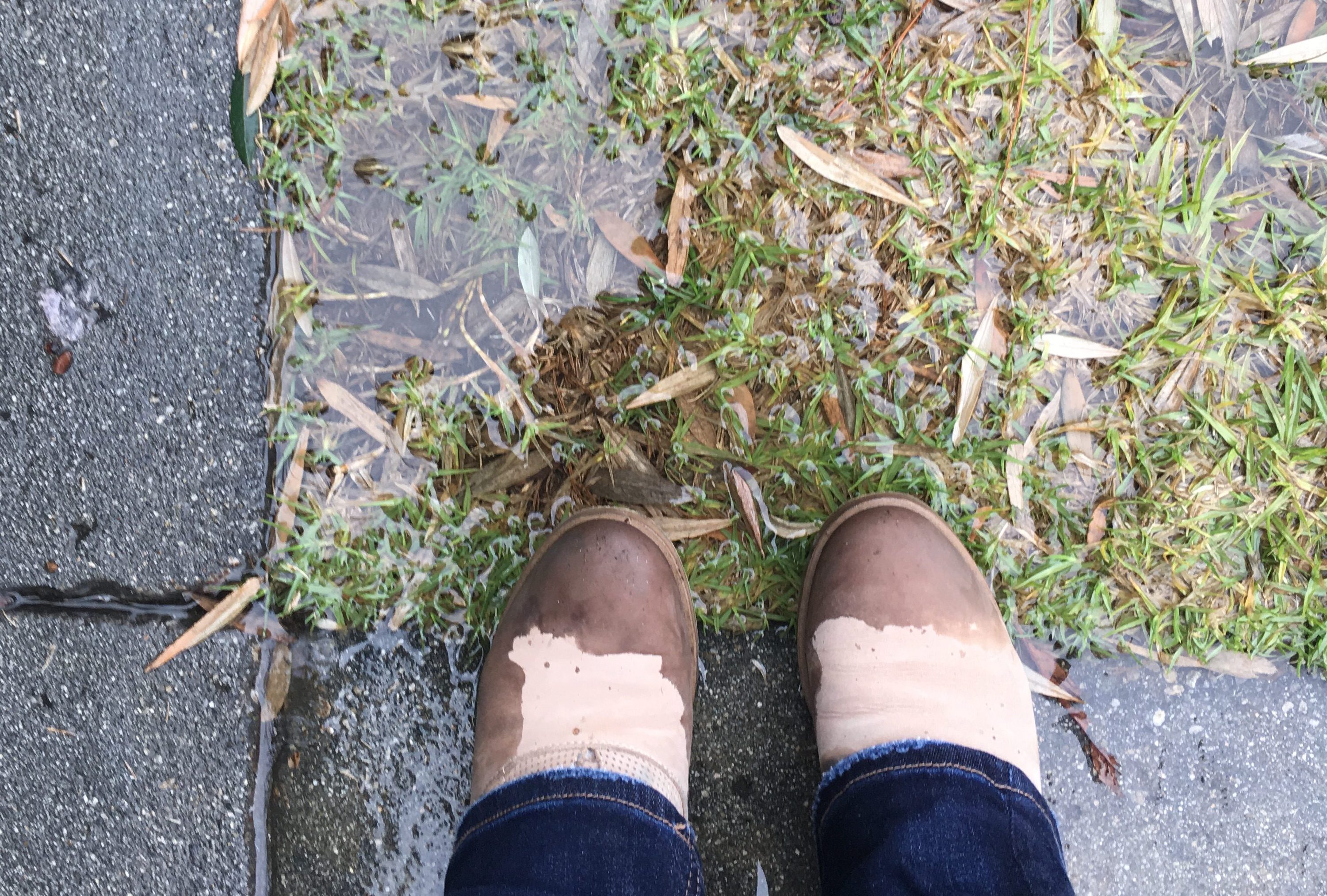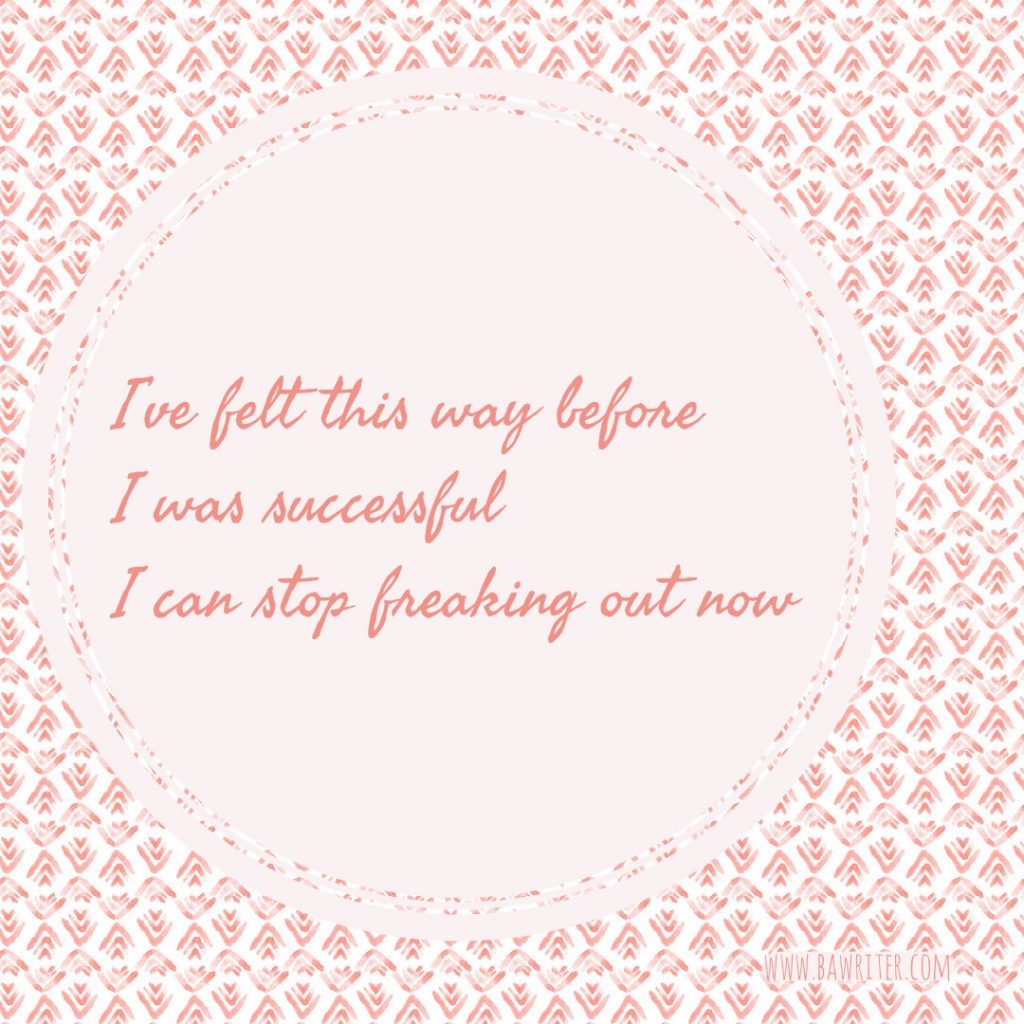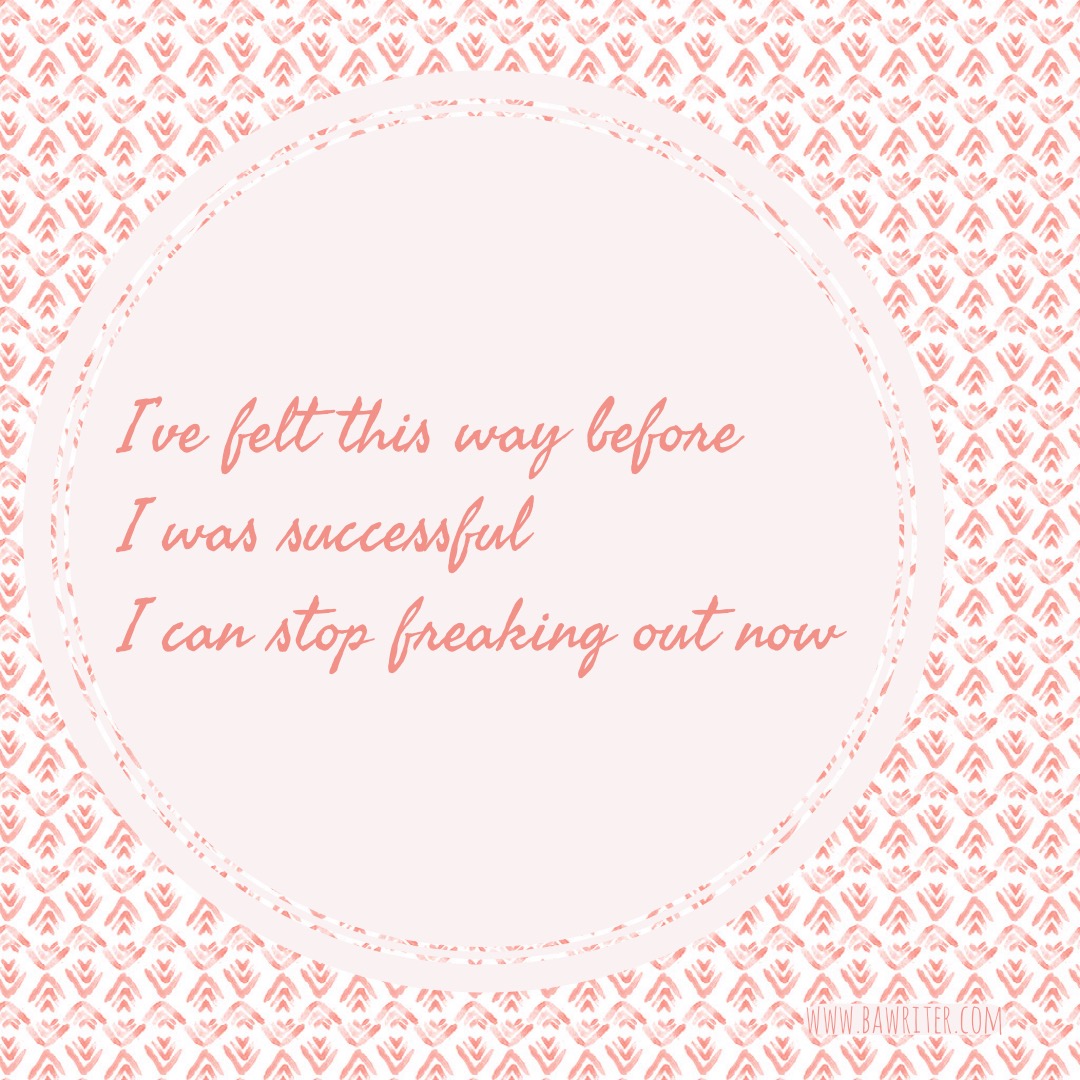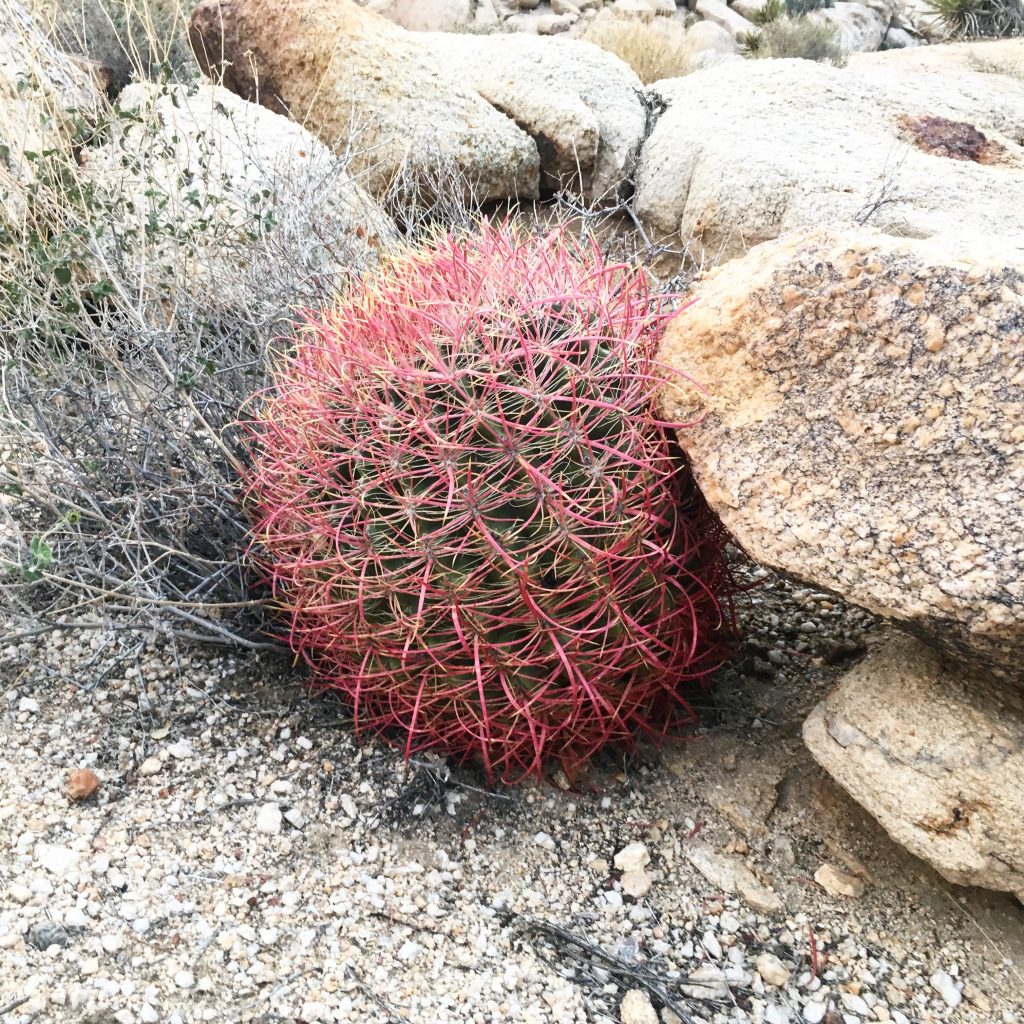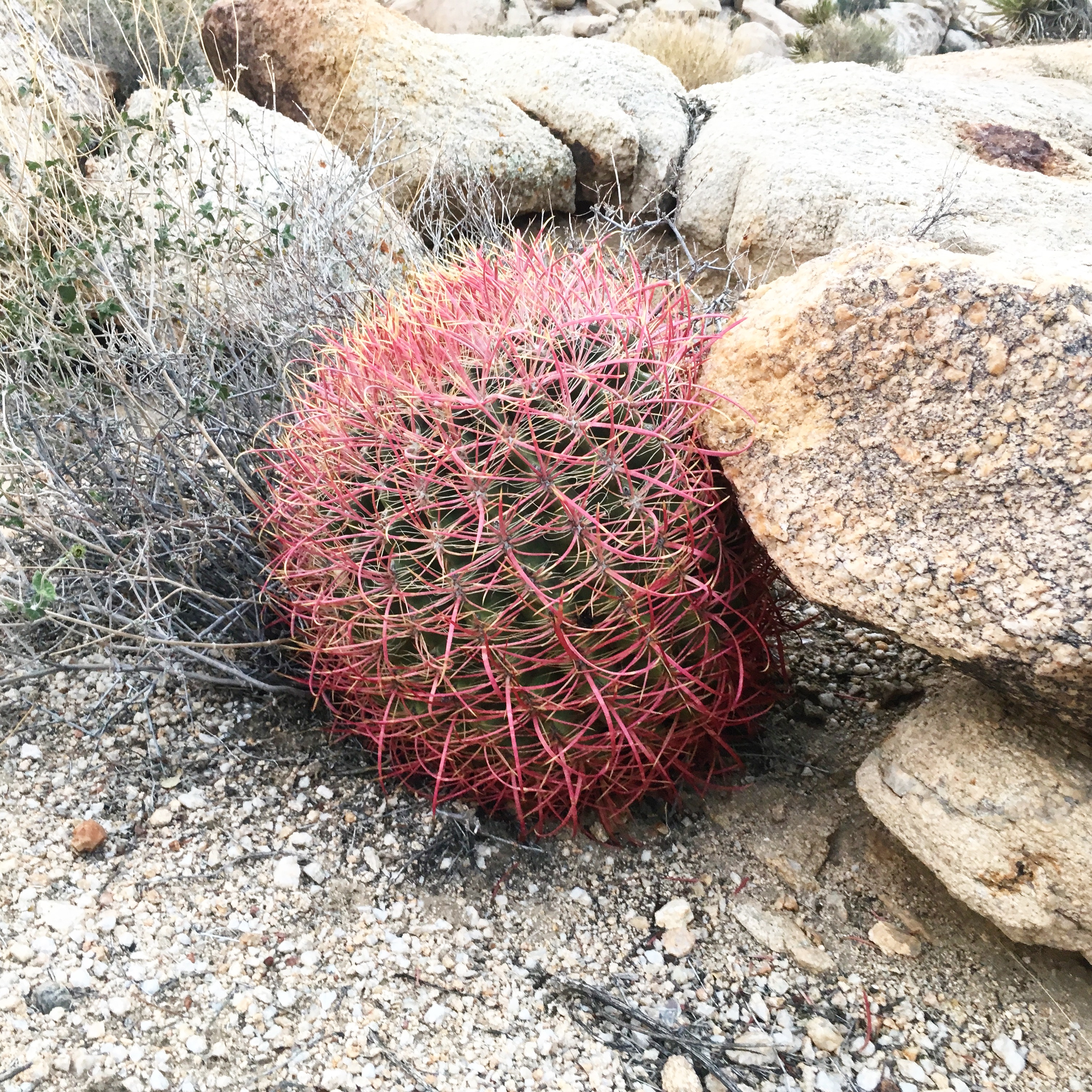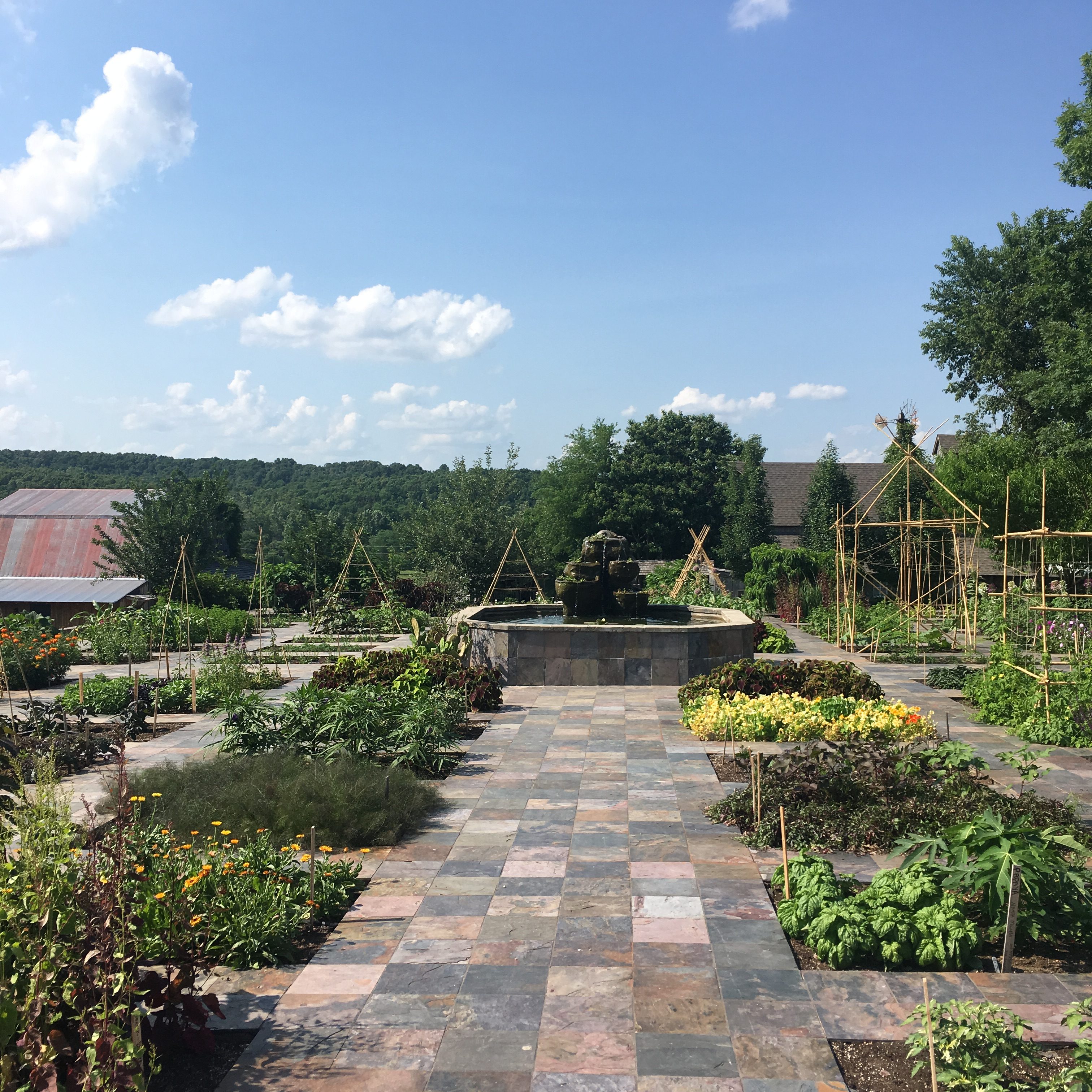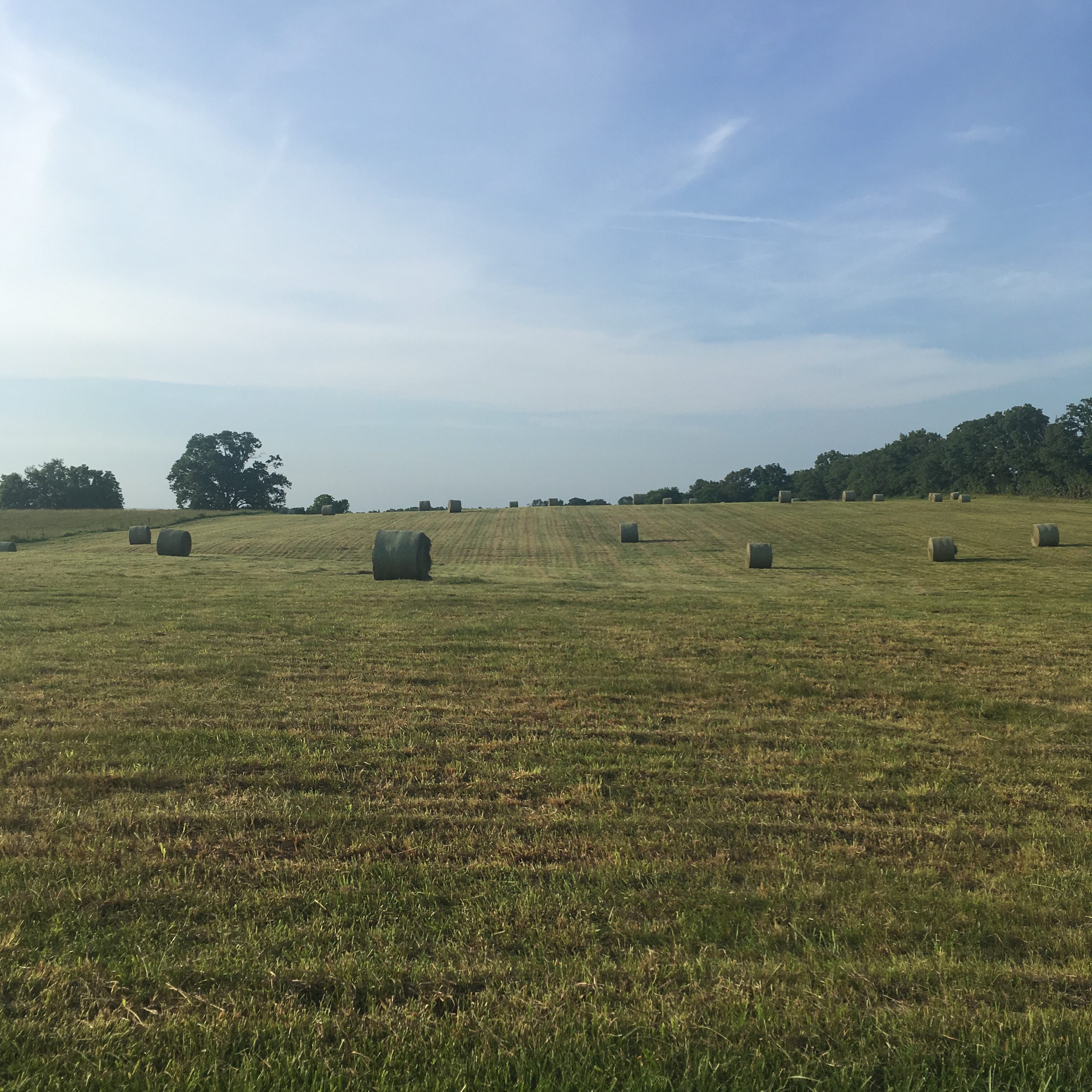These are strange times. I could probably just end that right there, and it would about sum up the last several weeks for most of us. But knowing times are strange and knowing what to do with times that are strange are very different things.
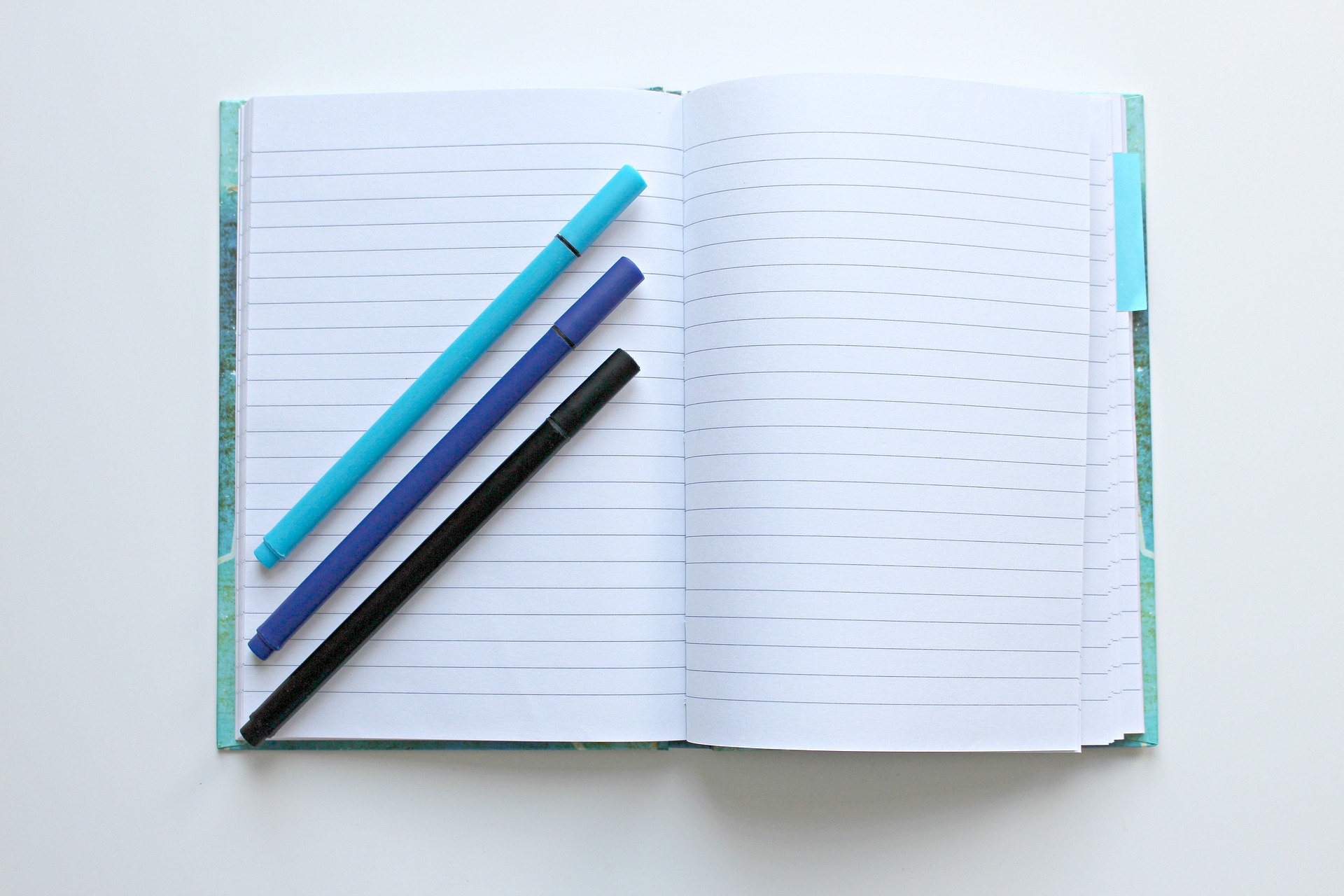
And I keep coming back to writing. Writing is For Tough Times. I know that I would be better off to say that writing can be helpful in tough times, because I’m sure we all have experiences where writing was anything but calming and cathartic, but writing at its core is a wonderful tool for helping us to negotiate difficult times.

Right now, unless you have unplugged your computer and turned off your TV and not answered your phone, you are most likely on overload. There is so much information to take in and in all honestly, most of us cannot process this fire-hose amount of highly-charged, often conflicting material in a positive way. When we are overloaded, we want to make sense of things, and we are prone to have the information that we collect circling through out brains until we can find a place to file it. We sort and dissect and compare, running the new information past our old knowledge, and we search for previous information that can give us a place to hang the new news in a way that makes sense.
But if you are like most people, that circling and sorting and making sense of too much is exhausting and stressful. As the information continues to pour in and as it becomes increasingly charged with emotions and anxiety, we begin to be frazzled.
Thoughts have a way a getting trapped in the eddies of our minds until their circling can make us emotionally dizzy, but writing is a wonderful way to gather all those thoughts up and set them down so that we can rest.  Just like talking to a good friend during a difficult time can calm you, putting pen to paper and scribbling out the thoughts in your head can provide some space too.
Just like talking to a good friend during a difficult time can calm you, putting pen to paper and scribbling out the thoughts in your head can provide some space too.
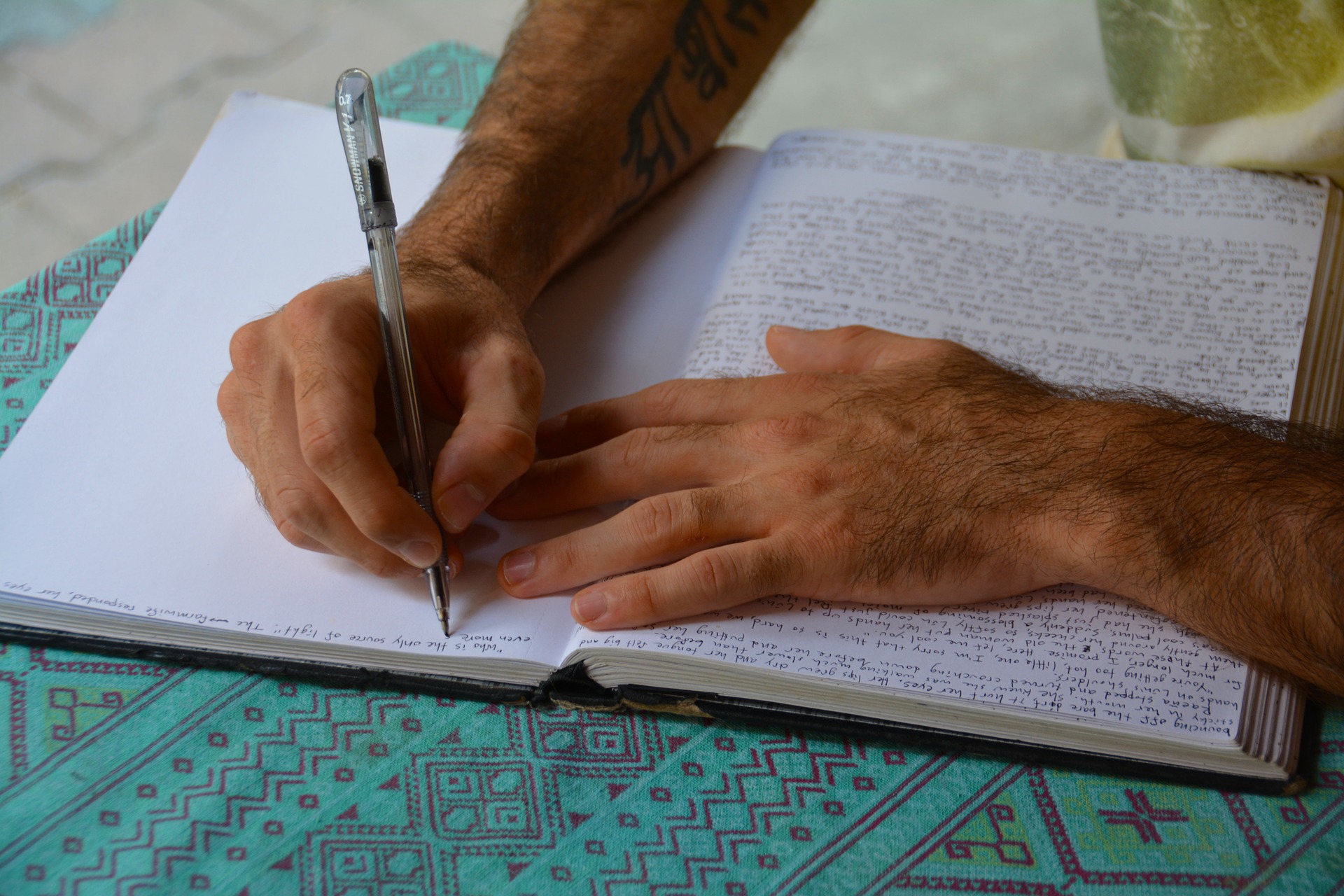
If you are home alone, writing can be a wonderful addition to talking with friends.
If you are in the middle of a full, crazy house, writing can be a wonderful practice that gives you space to think and process on your own.
If you are running a business right now and your employees are scattered, writing can be a great exercise for you to provide support and foster conversations during this difficult time.
If you are stressed out with caregiving or loss or all the demands that this new experience has brought your way, writing can be a way to calm and soothe your tired spirit.
 If you need writing prompts or ideas about how to write during these times, click ToughTimesWritingPrompts for a FREE downloadable sheet of ideas to get you and the people in your life writing a little more. And hopefully through words, we can sort out some of our experiences and feelings in this tough time, and we can be a little more settled in our souls.
If you need writing prompts or ideas about how to write during these times, click ToughTimesWritingPrompts for a FREE downloadable sheet of ideas to get you and the people in your life writing a little more. And hopefully through words, we can sort out some of our experiences and feelings in this tough time, and we can be a little more settled in our souls.

* If you are having a difficult time and need to talk to someone, please reach out to a qualified therapist or health professional for help.
